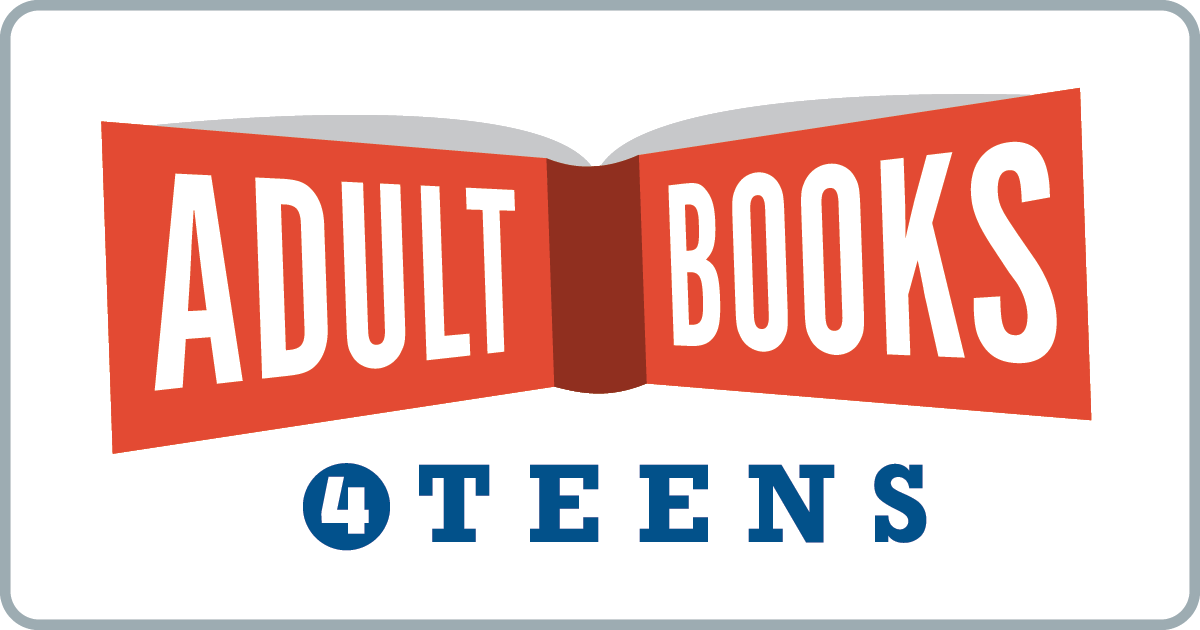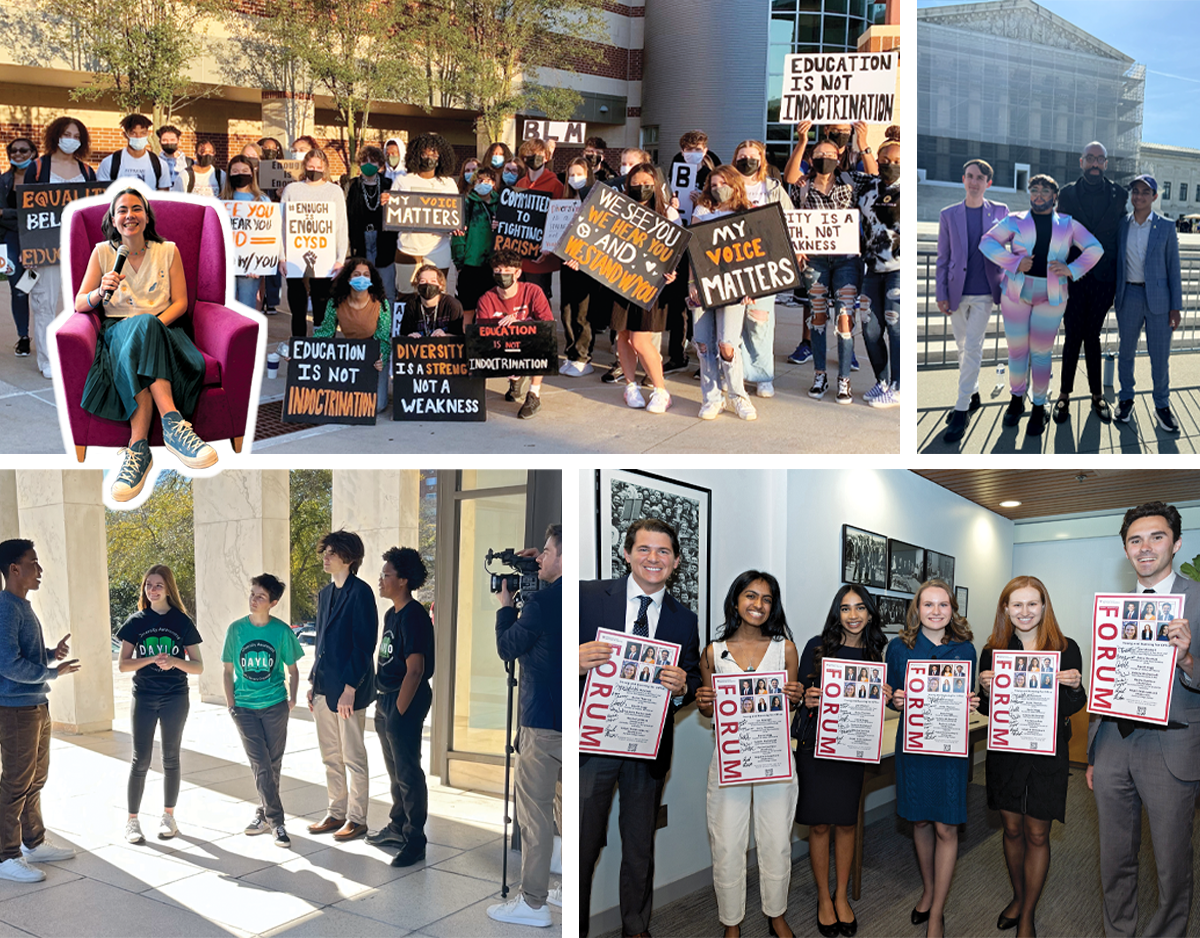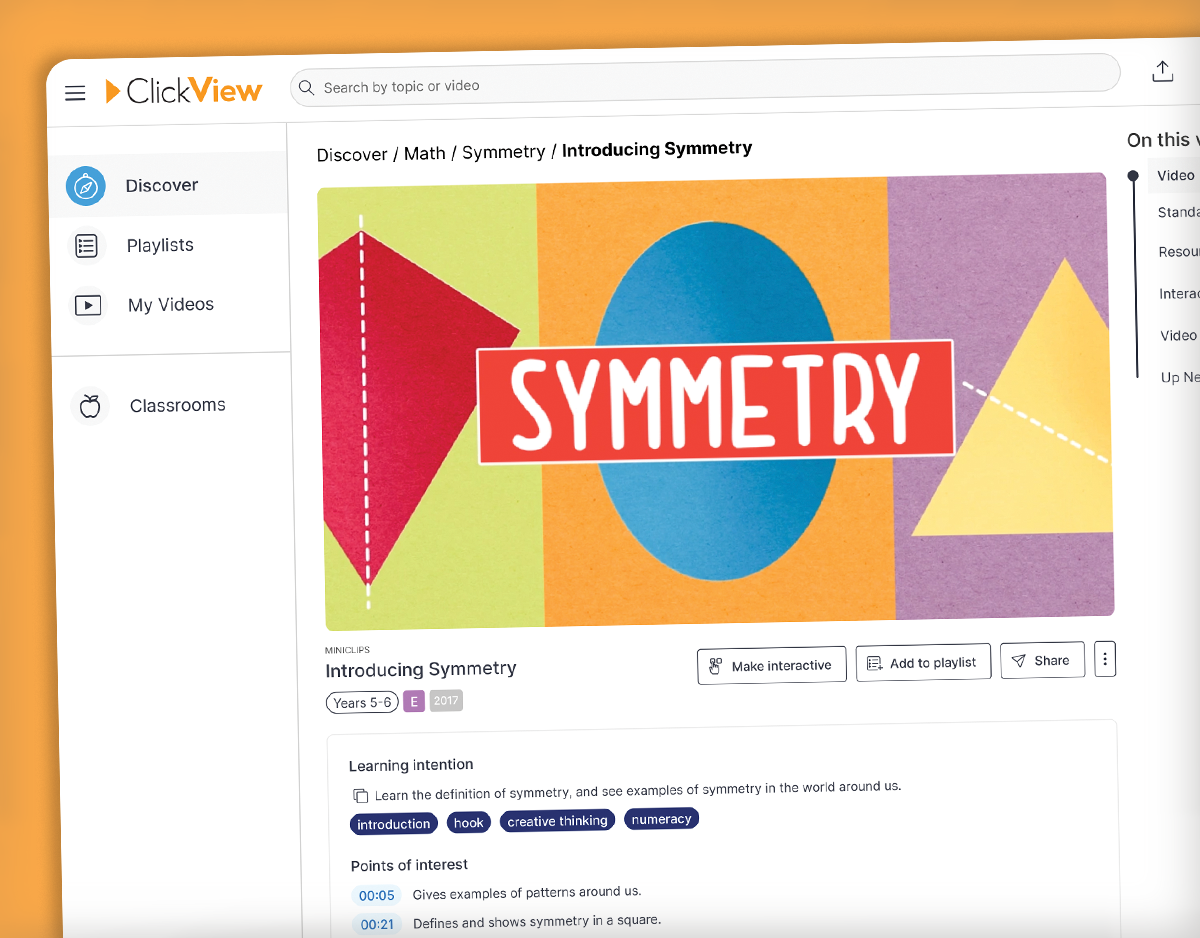SCROLL DOWN TO READ THE POST
Three Debuts
One of my favorite reader’s advisory tools is Amazon’s “Customer’s Who Bought This Item Also Bought” feature. I know, I know, Amazon’s a big evil company engaged in a fight against the absolutely tiny publishing firm of Hatchette (note: Hatchette is not tiny), but what can I say? The algorithm they use is great. You want examples? Take a look at the three books under review today, all debut novels by women, incidentally: for all three of them, Amazon recommends at least two books from AB4T’s Best of 2014 list, along with a raft of other AB4T-recommended titles.
Emmi Itaranta’s dystopian novel Memory of Water brings back recommendations for all three books in the Southern Reach trilogy, as well as Andy Weir’s The Martian, and Anthony Doerr’s All the Light We Cannot See. Meanwhile, Tania Malik’s Three Bargains, a novel about family, love, and class, also draws readers of All the Light We Cannot See, along with The Book of Unknown Americans. Finally, Pamela Moses’s The Appetites of Girls, a mulit-generational novel of friendship brings up recommendations of Megan Abbott’s The Fever and Celeste Ng’s Everything I Never Told You.
ADVERTISEMENT
ADVERTISEMENT
So if you or your teens liked what we had to say about the best books of 2014, you’re probably going to like at least one of these fabulous new novels. At least according to Amazon . . .
ITÄRANTA, Emmi. Memory of Water. 272p. HarperVoyager. Jun. pap. $14.99. ISBN 9780062326157. LC 2014023078.
 There’s a new subgenre of dystopias, climate fiction (aka “cli fi”), and Memory of Water is a poignant example of how to do it well. In the not-too-distant future, global warming has led to the ice caps melting, something has poisoned much of the oceans, and wars are being fought over water and water rights; geopolitical changes have led to a Scandinavian Union ruled by China, here known as New Quian, with the usual dictators and rigid rules and rationing that populate dystopias. The inhabitants of Noria’s village live increasingly constricted lives, while Noria and her best friend Sanja frequently play among piles of old tech (some of which will be instantly recognizable to readers as current modern technology). Noria’s mother is a scientist looking for ways to find more water, while her father is from a long line of tea masters—and Noria is planning to follow in his footsteps. As she learns the slow, deliberate pace of the tea ceremony and attendant rituals, she also learns that the family has access to a hidden source of pure water— a source that becomes increasingly problematic when her father dies and her mother is on the other side of the continent doing research. Ultimately, Noria must leave her village, but will it be as a prisoner of the state or as an escapee to the so-called Lost Lands? Perfect for readers thinking about climate change or interested in a unique dystopian view of the future.—Laura Pearle, Miss Porter’s School, CT
There’s a new subgenre of dystopias, climate fiction (aka “cli fi”), and Memory of Water is a poignant example of how to do it well. In the not-too-distant future, global warming has led to the ice caps melting, something has poisoned much of the oceans, and wars are being fought over water and water rights; geopolitical changes have led to a Scandinavian Union ruled by China, here known as New Quian, with the usual dictators and rigid rules and rationing that populate dystopias. The inhabitants of Noria’s village live increasingly constricted lives, while Noria and her best friend Sanja frequently play among piles of old tech (some of which will be instantly recognizable to readers as current modern technology). Noria’s mother is a scientist looking for ways to find more water, while her father is from a long line of tea masters—and Noria is planning to follow in his footsteps. As she learns the slow, deliberate pace of the tea ceremony and attendant rituals, she also learns that the family has access to a hidden source of pure water— a source that becomes increasingly problematic when her father dies and her mother is on the other side of the continent doing research. Ultimately, Noria must leave her village, but will it be as a prisoner of the state or as an escapee to the so-called Lost Lands? Perfect for readers thinking about climate change or interested in a unique dystopian view of the future.—Laura Pearle, Miss Porter’s School, CT
MALIK, Tania. Three Bargains. 358p. W.W. Norton. Aug. 2014. Tr $25.95. ISBN 9780393063400. LC 2014011419.
 Twelve-year-old Madan, his mother, and his sister leave their small town to join the father they hardly remember in the slums of Gorapur, India. Their father is an angry man hiding a secret life of brutal violence and corruption. When his father introduces him to his boss, Avtaar Singh, Madan impresses him so much that Avtaar Singh insists that Madan attend Gorapur Academy—the school he founded. Avtaar Singh’s interest in education for the young hides a gangster with a tight grip on life in Gorapur, including Madan’s father. When his father arranges for Madan’s sister to be sold into prostitution, the protagonist makes his first bargain with Avtaar Singh who ensures the subsequent dispatch of Madan’s father and the safe return of his sister. Working for Avtaar Singh means that Madan is involved in questionable dealings and even though the gangster treats him like a son, he is still from the slums; so when Madan falls for the wrong girl, he is forced to strike his second bargain resulting in barely escaping from Gorapur with his life. Away from Avtaar Singh’s grip, Madan finds peace, marriage, a family and a thriving business. When life shifts again, bringing great tragedy to Madan’s life, he must return to Gorapur to seek answers, and bargain again; this time to discover the truth he left behind. India in the 1980s will seem like a lifetime away to many teens, yet young adults will root for Madan as he struggles to understand how to be an honorable man in a chaotic environment.—Connie Williams, Petaluma High School, CA
Twelve-year-old Madan, his mother, and his sister leave their small town to join the father they hardly remember in the slums of Gorapur, India. Their father is an angry man hiding a secret life of brutal violence and corruption. When his father introduces him to his boss, Avtaar Singh, Madan impresses him so much that Avtaar Singh insists that Madan attend Gorapur Academy—the school he founded. Avtaar Singh’s interest in education for the young hides a gangster with a tight grip on life in Gorapur, including Madan’s father. When his father arranges for Madan’s sister to be sold into prostitution, the protagonist makes his first bargain with Avtaar Singh who ensures the subsequent dispatch of Madan’s father and the safe return of his sister. Working for Avtaar Singh means that Madan is involved in questionable dealings and even though the gangster treats him like a son, he is still from the slums; so when Madan falls for the wrong girl, he is forced to strike his second bargain resulting in barely escaping from Gorapur with his life. Away from Avtaar Singh’s grip, Madan finds peace, marriage, a family and a thriving business. When life shifts again, bringing great tragedy to Madan’s life, he must return to Gorapur to seek answers, and bargain again; this time to discover the truth he left behind. India in the 1980s will seem like a lifetime away to many teens, yet young adults will root for Madan as he struggles to understand how to be an honorable man in a chaotic environment.—Connie Williams, Petaluma High School, CA
MOSES, Pamela. The Appetites of Girls. 372p. Putnam. Jun. 2014. Tr $26.95. ISBN 9780399158421. LC 2013037701.
 No one would have expected such a mismatched group of personalities to meld, but Ruth, Francesca, Setsu, and Opal have stuck together since their freshman year at Brown University. As the book opens, the four are meeting to celebrate Ruth’s pregnancy, 11 years after graduation. The distinct paths that each took to reach this assured friendship is what makes up the bulk of the story. Ruth begins, describing life as a young adolescent in a close-knit Jewish family. Francesca’s story is set in her wealthy family’s New York apartment, while Opal relates the downside of life with her glamorous, restless mother. Setsu, adopted as child from Japan, suffers the intrusion of a demanding older brother. As the title indicates, each girl develops a relationship with food: Ruth uses it to soothe herself; Francesca takes forbidden food in a bold move for attention; Opal cannot eat or allow herself to feel; while Setsu denies herself the nourishment which will make her whole. In each case, the appetite for food also reflects the girl’s need for approval, or attention, or love. After introducing each protagonist in adolescence, readers meet them again during college, as their lives twist together and apart. While adult readers may feel that the characters are a bit too stereotypical (of course the Asian girl plays the violin!), teens will be intrigued by the intimate connection each experiences between food and other, more ephemeral desires. There are plenty of opportunities for “aha” moments awaiting the right readers. Think of Ann Brashares’s The Sisterhood of the Traveling Pants (Delacorte), the college years.—Diane Colson, Nashville Public Library, TN
No one would have expected such a mismatched group of personalities to meld, but Ruth, Francesca, Setsu, and Opal have stuck together since their freshman year at Brown University. As the book opens, the four are meeting to celebrate Ruth’s pregnancy, 11 years after graduation. The distinct paths that each took to reach this assured friendship is what makes up the bulk of the story. Ruth begins, describing life as a young adolescent in a close-knit Jewish family. Francesca’s story is set in her wealthy family’s New York apartment, while Opal relates the downside of life with her glamorous, restless mother. Setsu, adopted as child from Japan, suffers the intrusion of a demanding older brother. As the title indicates, each girl develops a relationship with food: Ruth uses it to soothe herself; Francesca takes forbidden food in a bold move for attention; Opal cannot eat or allow herself to feel; while Setsu denies herself the nourishment which will make her whole. In each case, the appetite for food also reflects the girl’s need for approval, or attention, or love. After introducing each protagonist in adolescence, readers meet them again during college, as their lives twist together and apart. While adult readers may feel that the characters are a bit too stereotypical (of course the Asian girl plays the violin!), teens will be intrigued by the intimate connection each experiences between food and other, more ephemeral desires. There are plenty of opportunities for “aha” moments awaiting the right readers. Think of Ann Brashares’s The Sisterhood of the Traveling Pants (Delacorte), the college years.—Diane Colson, Nashville Public Library, TN
Filed under: Contemporary Fiction, Historical Fiction, Science Fiction, Weekly Reviews
About Mark Flowers
Mark Flowers is the Young Adult Librarian at the John F. Kennedy Library in Vallejo, CA. He reviews for a variety of library journals and blogs and recently contributed a chapter to The Complete Summer Reading Program Manual: From Planning to Evaluation (YALSA, 2012). Contact him via Twitter @droogmark
ADVERTISEMENT
SLJ Blog Network
Instagramming ALA 2025 (Part II)
Review of the Day: Freya and the Snake by Fredrik Sonck, ill. Jenny Lucander
Love in the Palm of His Hand, vol. 1 | Review
Book Review: The Dead of Summer by Ryan La Sala
The Classroom Bookshelf is Moving
ADVERTISEMENT
ADVERTISEMENT







